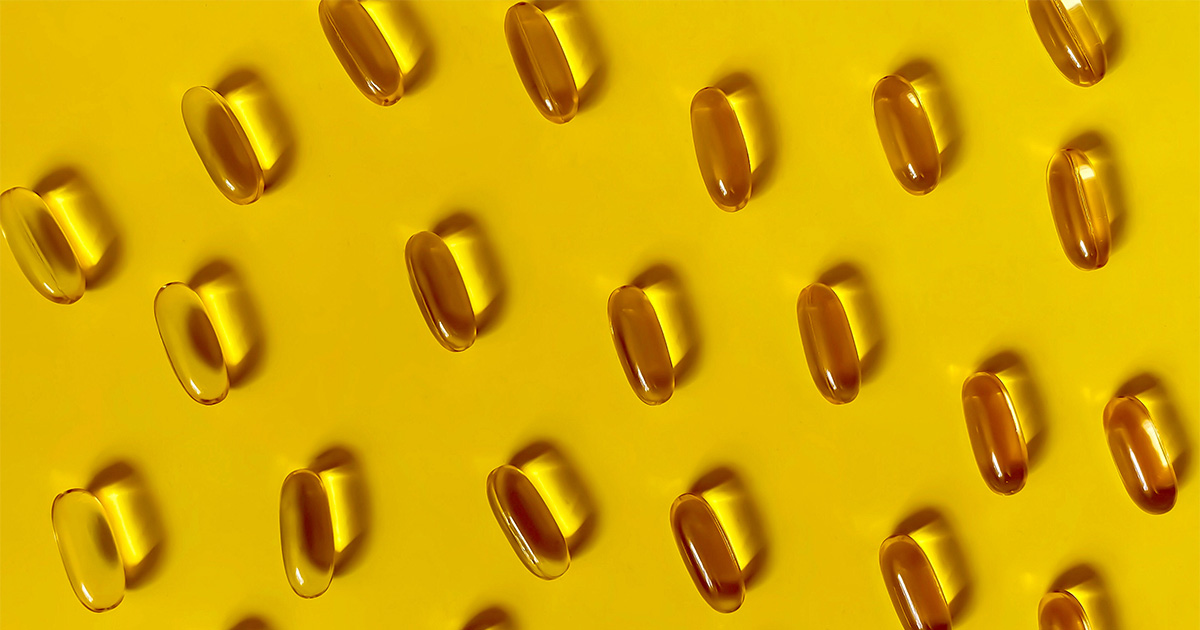
Can vitamin D prevent COVID-19?
When researchers began studying the novel coronavirus (COVID-19), one of the factors they looked at was how certain vitamins might play a role in the disease. Vitamin D was among those that seemed promising.
Vitamin D, which is found in many foods and produced when the sunlight hits our skin, also plays a role in our immune system.
But can vitamin D help prevent COVID-19 or lessen its impact if you get sick?
“The literature on vitamin D is very inconsistent,” said Steve Hippler, MD, chief clinical officer of OSF Multispecialty Services. “There are some studies that perhaps show there may be a benefit, and there are others that show it does not. As of now, we don’t have conclusive proof that vitamin D will prevent COVID-19 or lessen the disease impact.”
Sources of vitamin D
Our bodies naturally produce vitamin D when we’re exposed to sunlight. It’s also readily available in foods many of us eat daily.

Milk (cow’s milk and soy milk) is usually fortified with vitamin D. Many pre-made and ready-to-eat foods like cereals and bread often have added vitamin D. Fish (particularly trout, salmon, tuna and mackerel), mushrooms and eggs also contain the vitamin.
While vitamin D supplements are readily available, most people are able to get plenty of vitamin D through their diet.
“It’s always better to get vitamins from our foods, rather than taking supplements,” Dr. Hippler said.
How much vitamin D do you need?
While vitamin D is good for us, it’s possible to overdo it.
Many vitamins, such as vitamin C, are water soluble. That means any excess vitamins in our body are filtered out by our kidneys and leave the body in our urine.
Vitamin D, along with vitamins A, E and K, are fat soluble, meaning excess amounts of vitamin can actually build up inside the fatty tissues in our body.
Questions about vitamins?
While vitamin D toxicity is rare, it can be serious, causing calcium buildup in the blood, vomiting, weakness, frequent urination and an irregular heartbeat.
“I liken it to a flat tire. Filling a flat tire with air is great. But if it’s already fully inflated, putting more air in doesn’t make any difference and can be dangerous,” Dr. Hippler said.
“It’s the same with all vitamins. If you have a blood test and you’re low, taking vitamin D is a benefit. If you’re already normal, taking excessive doses – or taking more than needed – is not going to help you and is potentially harmful.”
A blood test can determine whether you may benefit from supplemental vitamin D.
“If someone had been tested (for vitamin D deficiency), and you are low, taking a vitamin D supplement is reasonable, but if your vitamin D levels are normal there is no proof today that taking more will decrease your risk for COVID-19.”